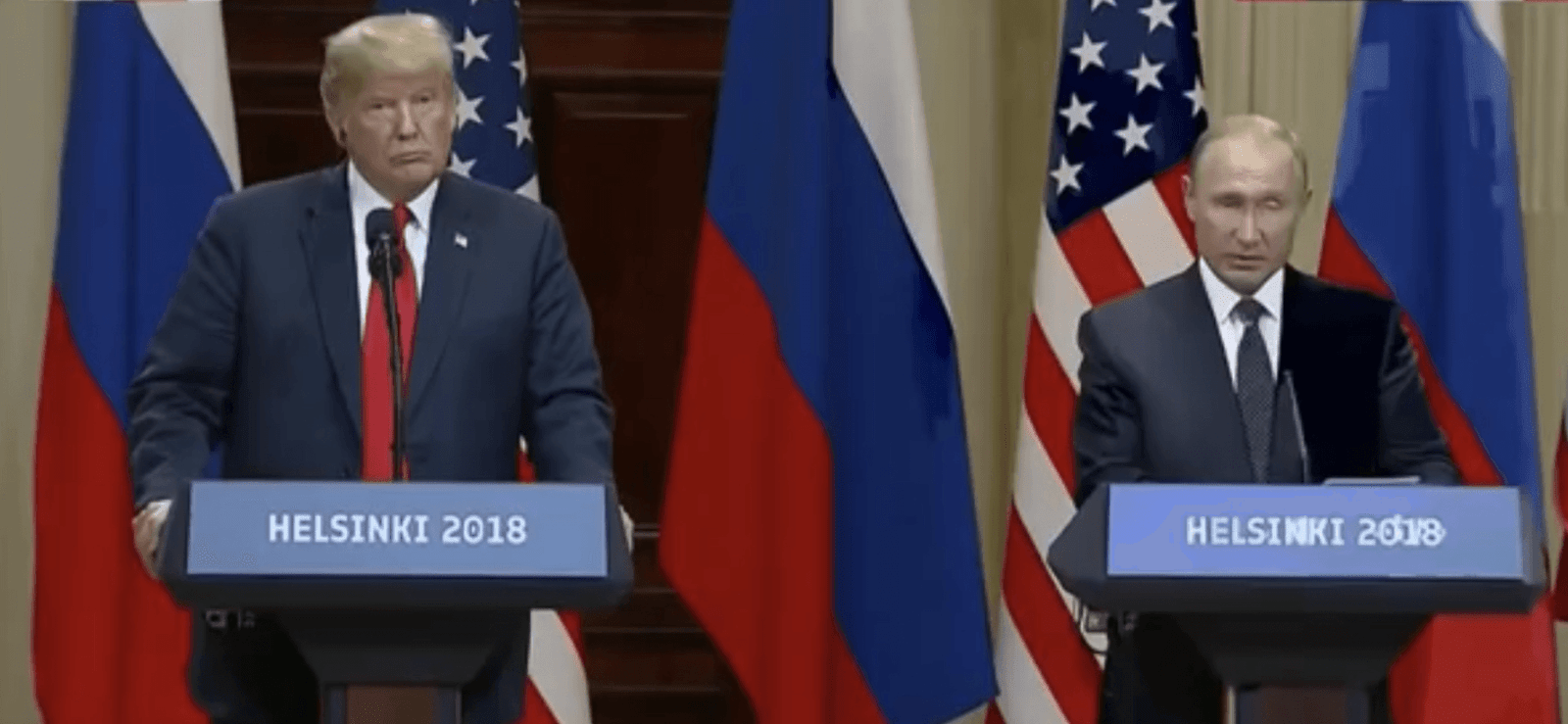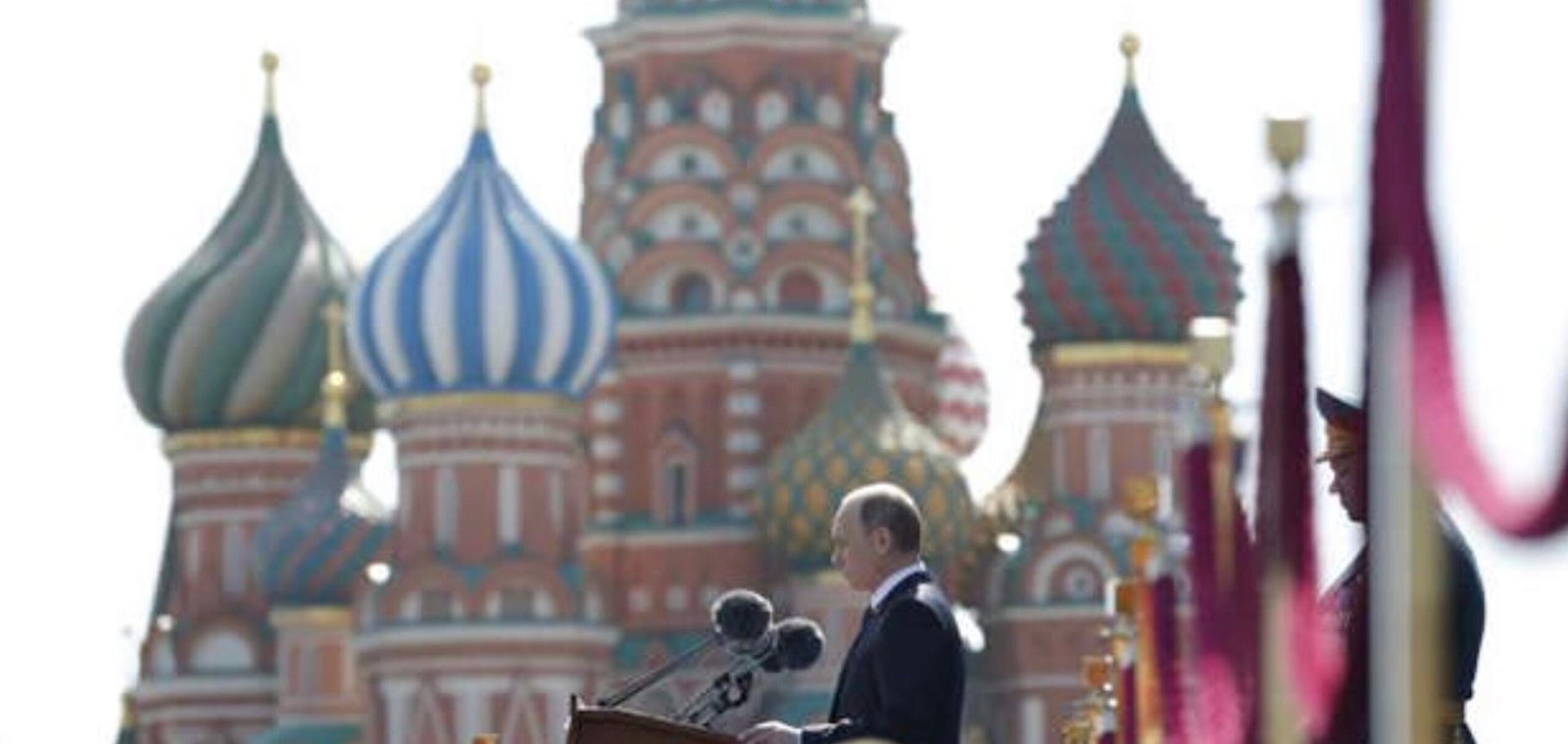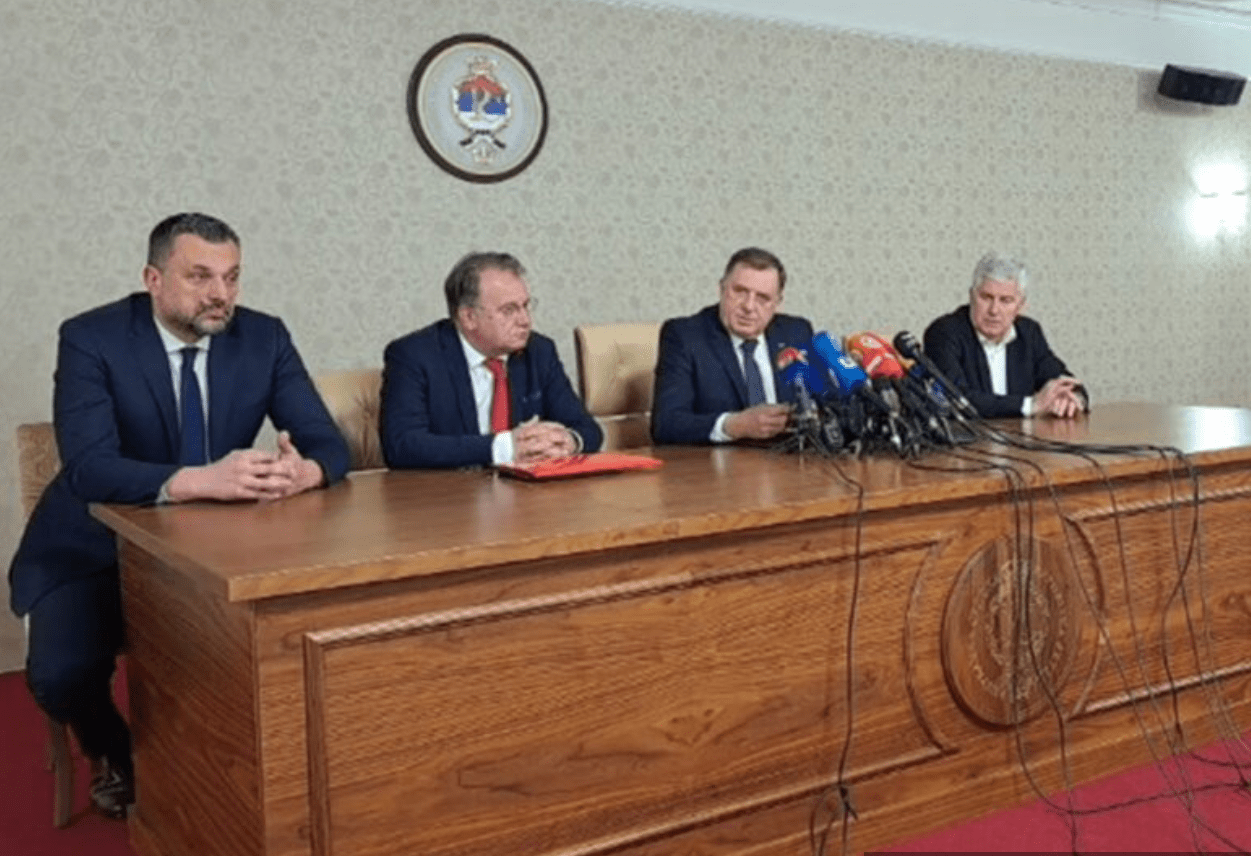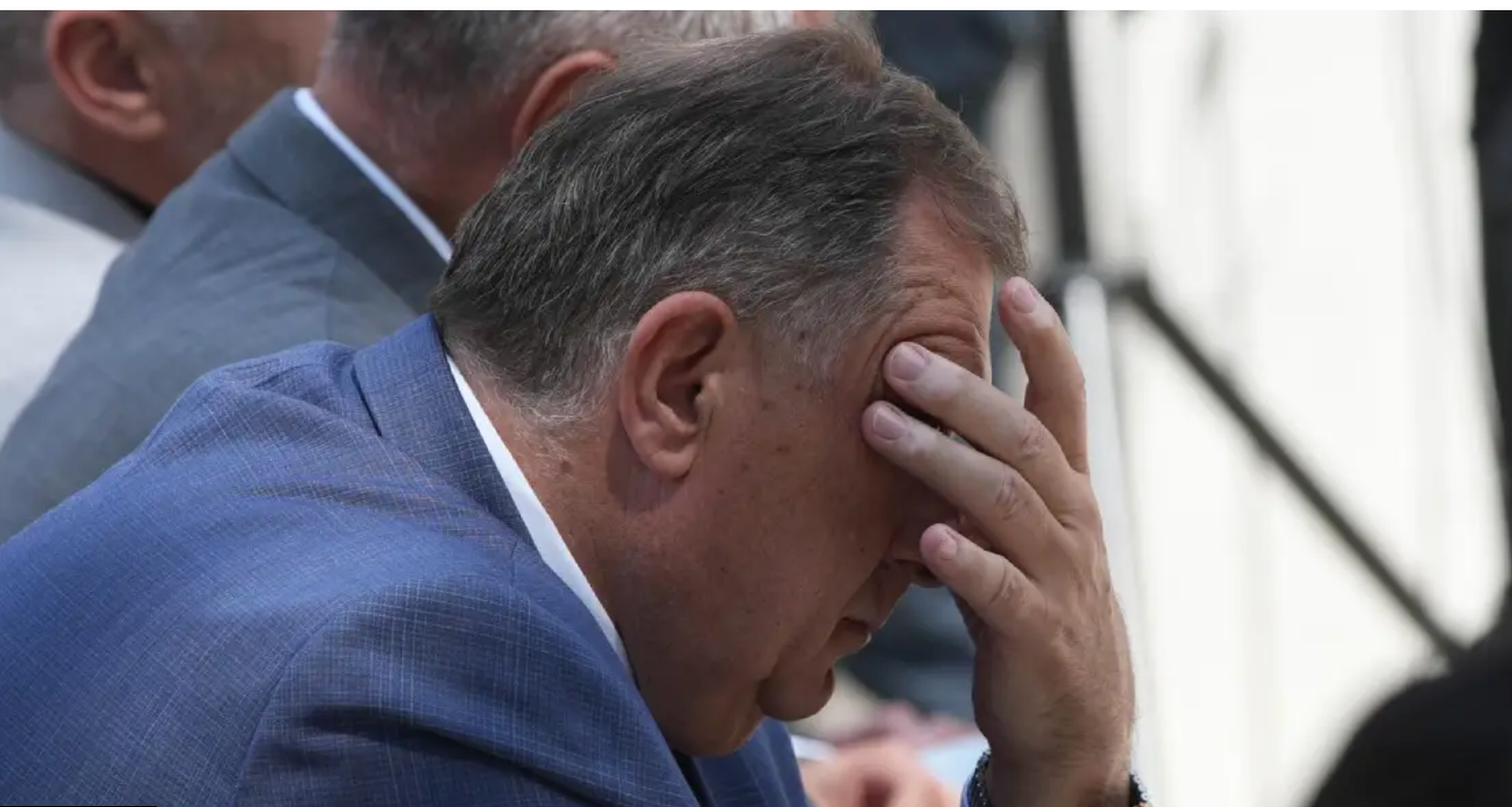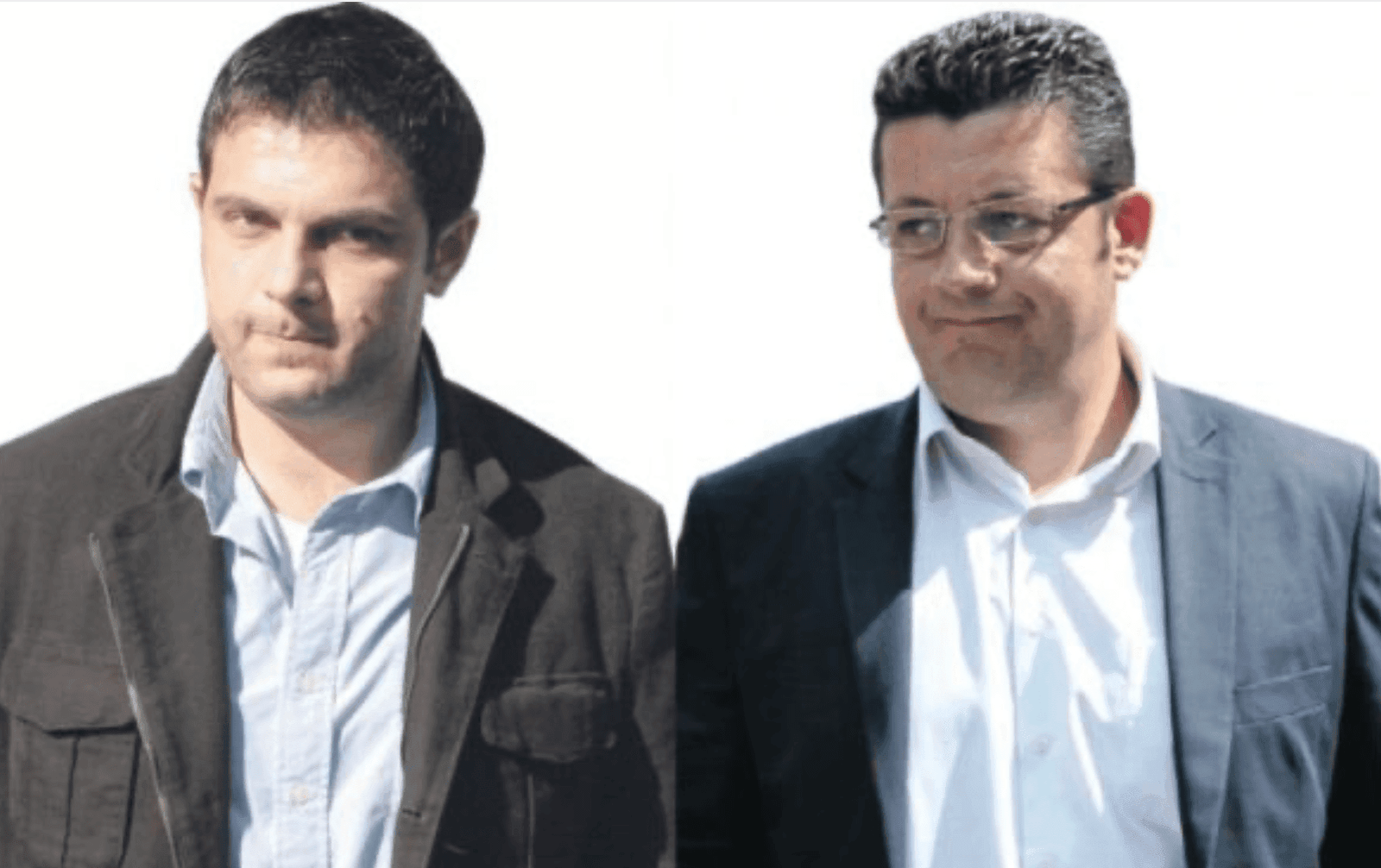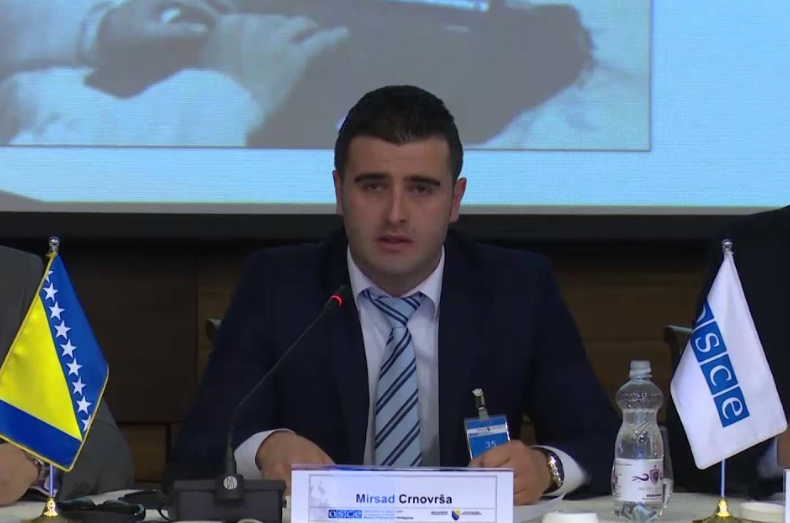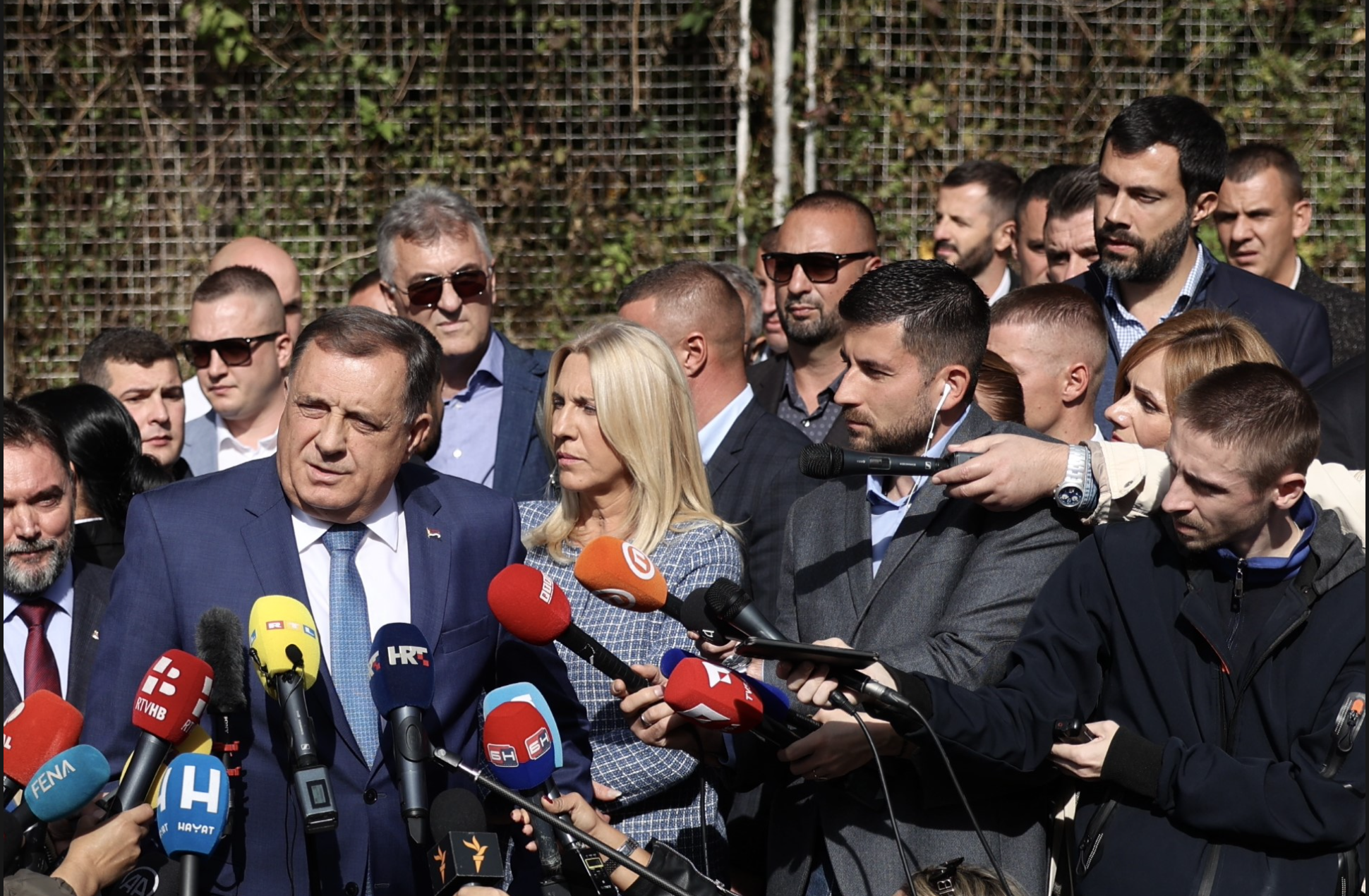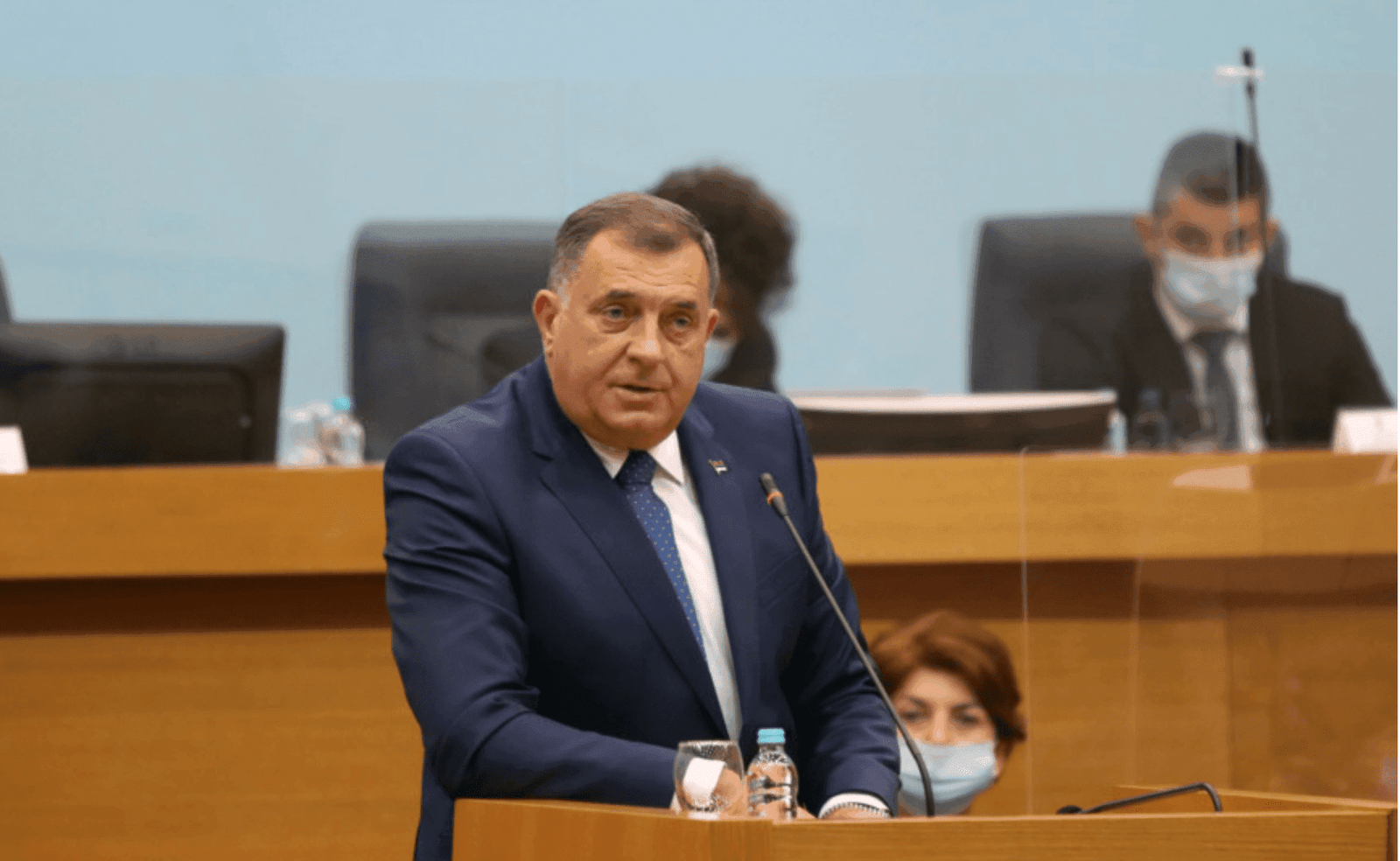The collapse of the Russian Federation will improve the security and stability of several nearby regions, including the Western Balkans. A rump Muscovite state military defeated in Ukraine, under intense international sanctions, with falling energy revenues, a depleted budget, and shorn of its resource base in Siberia will have severely reduced capabilities to attack its neighbors or foment unrest outside its borders.
As Moscow turns inward to deal with multiplying crises its capacity for foreign aggression will diminish. Its ability to entangle Europe in energy dependence, engage in political corruption, and spread disinformation will be curtailed. NATO’s eastern flank from the Arctic to the Black Sea will become more secure and enhance economic development and regional cooperation. Ukraine and Moldova will be able to regain their occupied territories and petition for EU and NATO integration without fear of Russia’s reaction. Belarus can secure its independence, build a democracy, and develop productive relations with its neighbors.
In the Western Balkans, without Russian support Serbia’s ability to destabilize the region will be reduced and the threat of armed conflict in Bosnia-Herzegovina, Kosova, and Montenegro will recede. The EU project can gather momentum again and NATO will no longer have an internal flank that it must protect from Moscow’s ambitions. However, Washington and Brussels must also beware of lighting fuses for future conflicts through any compromises with Belgrade’s mini-imperialism. The creation of a Serbian entity in Kosova, as envisaged by US and EU negotiators, will embolden the separatist government in Banja Luka and can also lead to calls for dividing Montenegro.
With a weakened Russia in the South Caucasus, Georgia will be able to negotiate the return of Abkhazia and South Ossetia as autonomous republics within a Georgian federation. Armenia and Azerbaijan will finally be able to sign a peace treaty without Moscow’s interference. This will also undercut negative Iranian influences in the region and help Turkey to develop relations with Turkic-speaking states in Central Asia and Turkic nations trapped in the Russian Federation. Georgia and Azerbaijan will be able to forge relations with the emerging independent republics of the North Caucasus and help them to become new partners with Western institutions.
Central Asian states will feel increasingly liberated from Russia and can turn to the West for deeper energy, economic, and security connections. New pro-Western states will emerge from across the Russian federation that can enhance stability in several regions of Europe and Eurasia. China will be in a weaker position to expand its influence by collaborating with a failing Russia, but it will also try to benefit from Russia’s rupture. Beijing will aim to expand its influence among emerging state entities in Siberia and the Far East, allowing for direct exploitation of local resources without Moscow’s interference, and affording easier access to the Arctic and northern trade routes. Russia’s regime will no longer possess the military presence to counter Chinese pressure as it exhausts its resources on preventing a catastrophic defeat in Ukraine.
The US and EU must extend their influence in Russia’s Pacific and Siberian territories and work in tandem with Japan, South Korea, Taiwan, and Canada to open up avenues for diplomatic contacts and economic cooperation with embryonic states. Regions and republics in Russia’s Far East will seek recognition and investment from abroad and similarly to the Central Asian states they will resist incorporation into an expanding Chinese economic empire. Russia’s rupture will provide America with potential new allies in the Pacific region, but it will also create new points of confrontation with China’s ambitions. It is time to start planning on how to manage Chinese potential territorial claims and economic entrapment among the post-Russia states.
Western policy makers have been warning that we help Putin by talking about Russia’s collapse, because this allegedly enables the Kremlin to mobilize the public in support of the regime. In reality, it is silence, denials, and lack of a future-oriented policy that helps Moscow. The Kremlin claims that the West wants to destroy Russia regardless of actual US and EU policy. Denials from Washington and Brussels simply fuel Kremlin conspiracies, similarly to its narrative about the alleged NATO threat. Officials have tried to convince Russian officials that NATO is not a threat to Russia for over two decades and failed to realize that the Kremlin invents Western threats regardless of actual policy.
A much more effective approach would be to clearly specify what the West supports in Russia. Open backing for pluralism, democracy, federalism, civil rights, and the autonomy of republics and regions can help embolden Russia’s citizens by demonstrating that they are not globally isolated. They will improve their quest for stability and economic development by rejecting Moscow and forming new states that cultivate peaceful relations with neighbors.
Most Western leaders still believe they can return to the post-Cold War status quo and fail to see the benefits of Russia’s disintegration. Instead of planning contingencies for capitalizing on Russia’s de-imperialization, most Western officials are stuck in a bygone era. Even after the horrors of Russia’s attack on Ukraine, too many Western officials still exhibit wishful thinking that beneficial relations can be established with a post-Putin Kremlin or that Russian liberals can democratize the empire.
Western officials made a grave mistake when they assumed that the collapse of Soviet communism ensured the end of Russian imperialism. They must now avoid a second strategic mistake by presuming that the current empire is permanent. Imperial states invariably collapse when they overreach, as Moscow has in Ukraine, and where centrifugal pressures are fueled by economic decline, regional resentments, and national revivals. Washington and Brussels must reach out to Russia’s republics and regions and demonstrate that citizens of the failed federation do have a future beyond the destructive imperial fantasies of the Kremlin elite.
Janusz Bugajski is a Senior Fellow at the Jamestown Foundation in Washington DC. His new book is Failed State: A Guide to Russia’s Rupture



